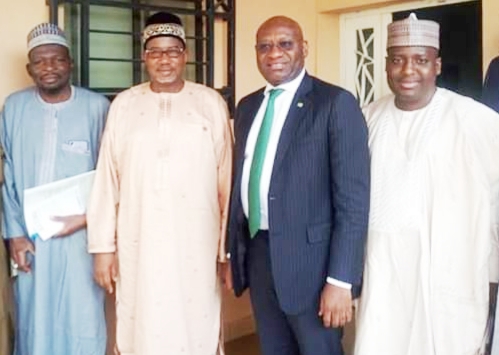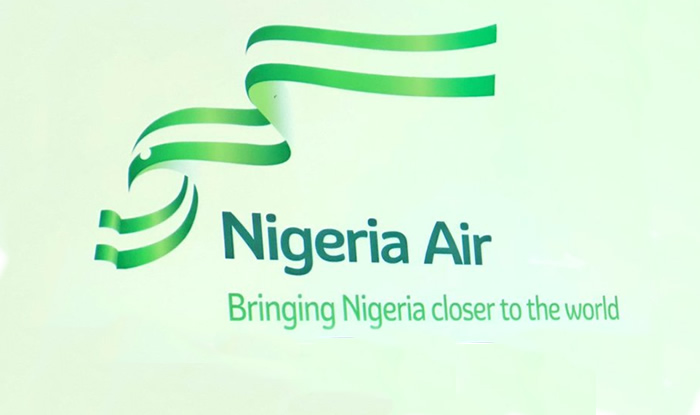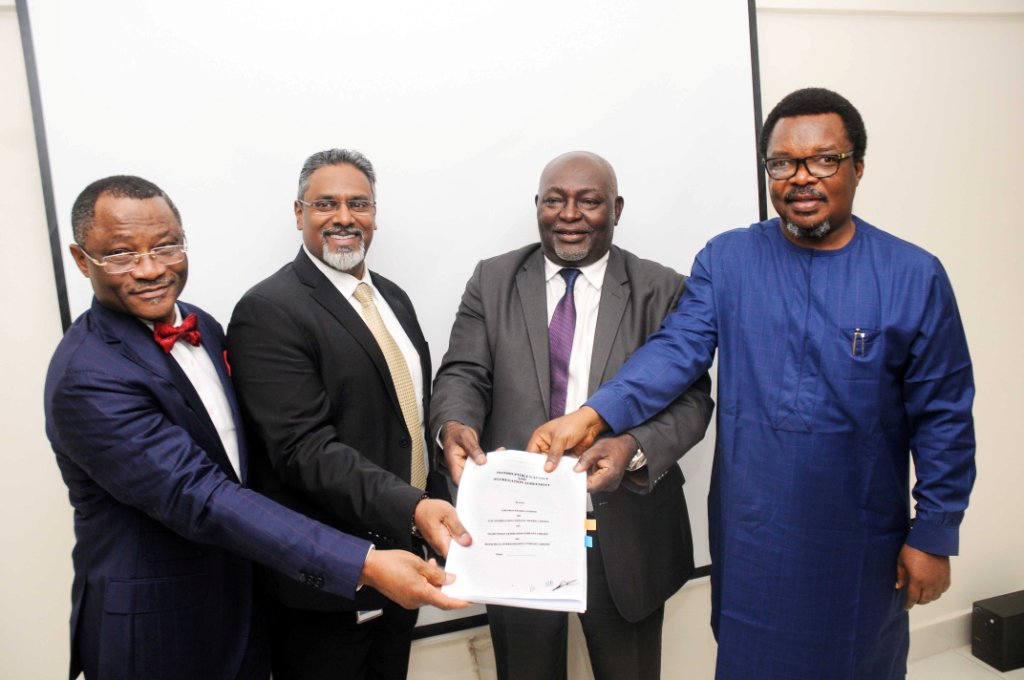Strong indications have been smoked out from the recently approved Medium-Term Expenditure Framework (MTEF) 2020-2022 which is expected to drive the Nigerian national budgets between 2020 and 2022.
From the document, upon the country is in dire need of infrastructure is every sector of the economy, not much will be seen within the regime of the new MTEF. Observers say the indication is that further drop in ease of doing business is imminent from next year when the new MTEF will become effective.
Otherwise, the government’s new fiscal projections on GDP growth was rather than being raised upwards, is revised downwards from 3.6% to 2.9% for the 2020 fiscal year upon the benchmark crude price was pushed up from $55 to $60 per barrel for even more revenues within the period. From the analysis of the MTEF 2020-2022, it is worrisome that while recurrent expenditure is expected to rise in 2020, capital expenditure is projected to fall.
This means in essence that the new MTEF shows a projected budgeted increase in recurrent expenditure from NGN4.3 trillion in 2019 to NGN4.7 trillion in 2020 (excluding debt service payments); and downward revision of capital expenditure to NGN1.7 trillion in 2020.
While the early design of the MTEF could influence a return to the January-December budget cycle which will improve budgetary predictability for line ministries, the reduction in capital expenditure will likely lead to deterioration in the much-needed infrastructure and other long-term investment. Failure to meet these needs will likely hinder economic growth in the long run.









